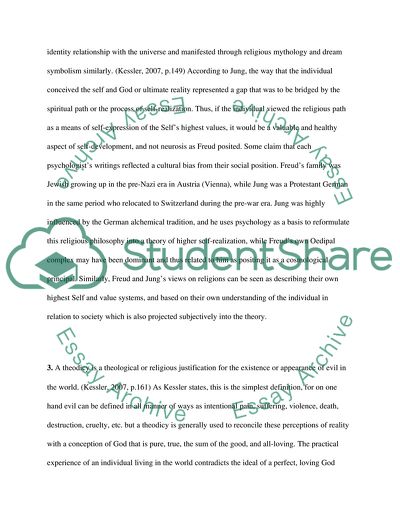Religious practice for Philosophers Essay Example | Topics and Well Written Essays - 2000 words - 1. https://studentshare.org/philosophy/1751736-religion-class
Religious Practice for Philosophers Essay Example | Topics and Well Written Essays - 2000 Words - 1. https://studentshare.org/philosophy/1751736-religion-class.


